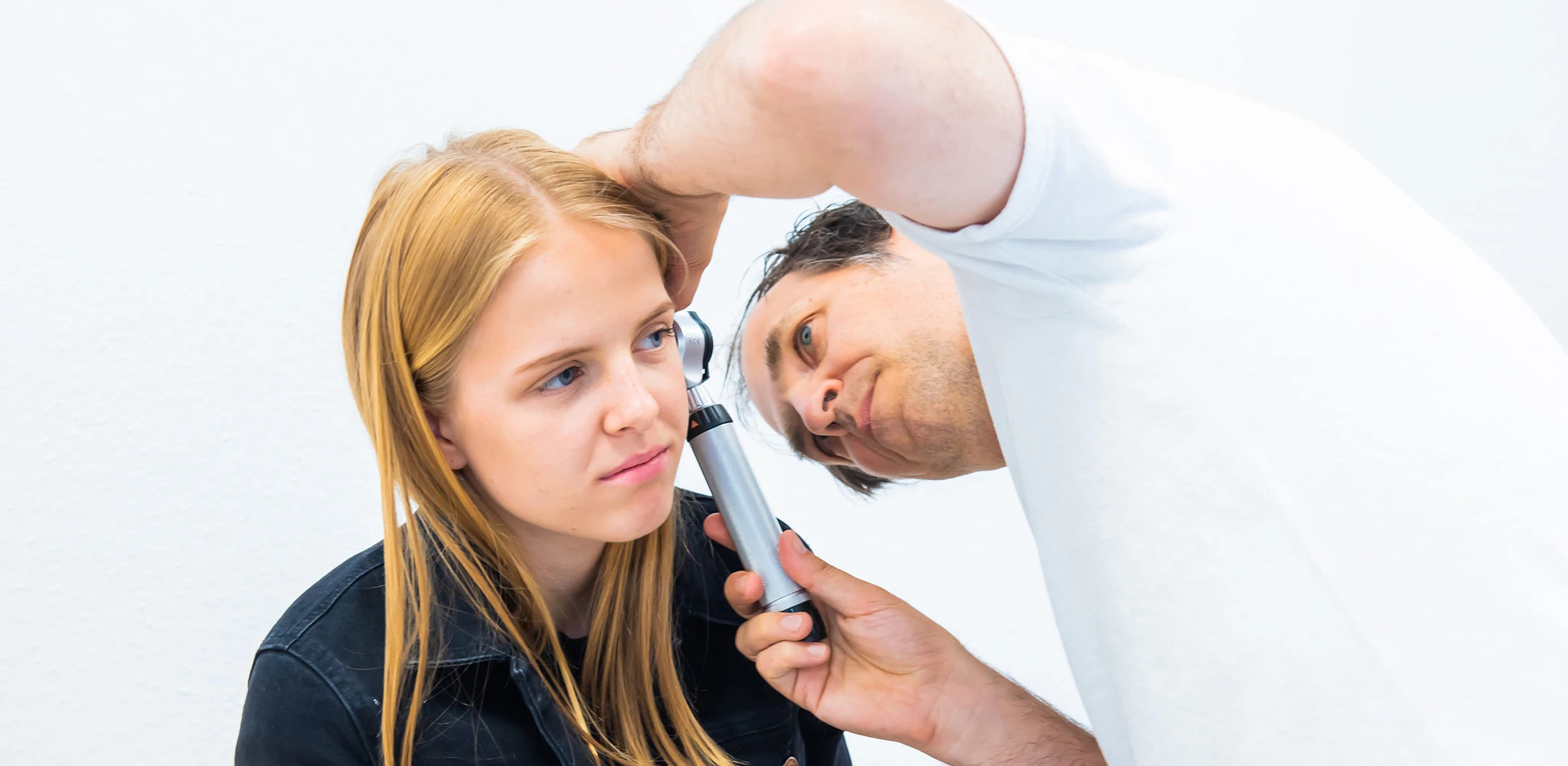Compare
"Never compare one child with another, but only with himself." A wonderful sentence by the educationalist Johann Heinrich Pestalozzi, who lived around 200 years ago.and yes, I know that's difficult.
"Never compare one child with another, but always with yourself."
A wonderful sentence by the educationalist Johann Heinrich Pestalozzi, who lived around 200 years ago. And yes, I know: it's difficult. When you have children and pick them up from school, the daycare centre or the sports club, you always look a little to the left or right and think things like: 'Wow, he's really good at that. She jumps so far. But he's painted a nice picture. And my child? Not so nice ... "
I would like to tell you that this is not helpful. And if we're honest, it's not helpful in adulthood either. Just as an example: my neighbour is really three levels above me when it comes to gardening and crafts. And it wouldn't help at all if my wife always compared my neighbour to me when it comes to manual skills. I have other qualities for that. Everyone is a person in their own way.
I think it's incredibly important for parents to recognise this in their children early on. So that they don't stress their children and put them under pressure just because they think they have to emulate someone else.
Hence this important aspect of comparing the child with themselves. Of course, parents can expect the child to learn and do things better. But not better than the neighbouring child. But better than the child did six months or a year ago. Examples: The handwriting is becoming more beautiful, independence is increasing, the Lego tower is getting higher, ... You can look at this - and you can or even have to give the child positive feedback. And in fact, it is also an important aspect for us paediatricians that children do not regress in their development. Instead, they should always progress in their abilities. But they set the pace themselves and we parents have to learn to be patient.
And that is why this sentence cannot be repeated often enough:
"Never compare one child to another, but always to yourself."
That's difficult in everyday life. I know that. But I ask you to think about it from time to time.
Further interesting tips
"Screen-free from three" campaign
Screen-free until three - Formatted textDocument A nationwide campaign has been launched in many German paediatric practices this week: "Screen-free until three". We are taking part - even at the risk of offending parents ...
Self-harming behaviour I
Today we are looking at a really serious topic: self-harming behaviour in young people. Unfortunately, we've been seeing more and more of this in surgeries in recent years. It typically becomes an issue from the age of around 14. It occurs more frequently in girls, but also in boys, also increasingly in recent years.
Childcare
At what age should children be looked after and how? A question that I am constantly confronted with. Most recently, it was even a political issue here in Schorndorf. Clear answer: There is no clear answer - only many omissions.
